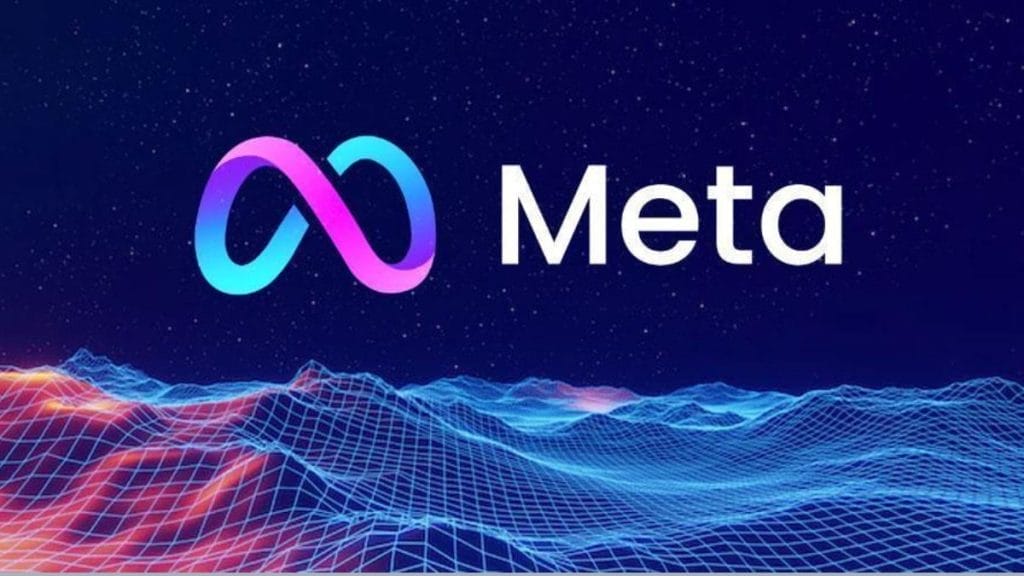New Delhi: Meta Platforms announced on Tuesday its plan to grant researchers access to specific components of a recently developed artificial intelligence model. This model, described as “human-like,” exhibits enhanced capability in analyzing and effectively completing unfinished images, surpassing the accuracy of current models.
The technology giant’s advanced AI model, I-JEPA, employs a unique approach to address the challenge of completing unfinished images. Unlike conventional generative AI models relying solely on neighbouring pixels, I-JEPA leverages comprehensive knowledge of the world.
This innovative strategy aligns with Meta’s leading AI scientist, Yann LeCun’s vision of human-like reasoning in AI systems. By incorporating such reasoning, I-JEPA significantly reduces common errors found in AI-generated images, such as the presence of extra fingers on hands.
As the parent company of Facebook and Instagram, Meta has established itself as a prominent publisher of open-source AI research through its internal research lab. Mark Zuckerberg, the Chief Executive, has emphasized the company’s commitment to sharing the models developed by Meta’s researchers. According to Zuckerberg, this approach not only fosters innovation but also enables the identification of safety concerns and cost reduction.
He further highlighted the advantages of industry-wide standardization on the foundational tools utilized by Meta, as it allows them to benefit from the advancements made by others. This sentiment was expressed during an investor meeting in April.
Despite concerns raised by industry peers, Meta’s executives have disregarded warnings regarding the potential risks associated with the technology. They chose not to endorse a statement supported by high-ranking executives from OpenAI, DeepMind, Microsoft, and Google, which drew parallels between the dangers of AI and pandemics and wars.
Yann LeCun, renowned as one of the influential figures in AI, has vehemently opposed the notion of “AI doomerism” and advocated for the integration of safety mechanisms into AI systems.
Meta is progressively integrating generative AI functionalities into its consumer-oriented products. For instance, they are introducing ad tools capable of generating image backgrounds and an Instagram product that can modify user photos, all initiated through textual prompts. This incorporation of generative AI capabilities expands the creative possibilities and customization options available to users within Meta’s consumer offerings.





